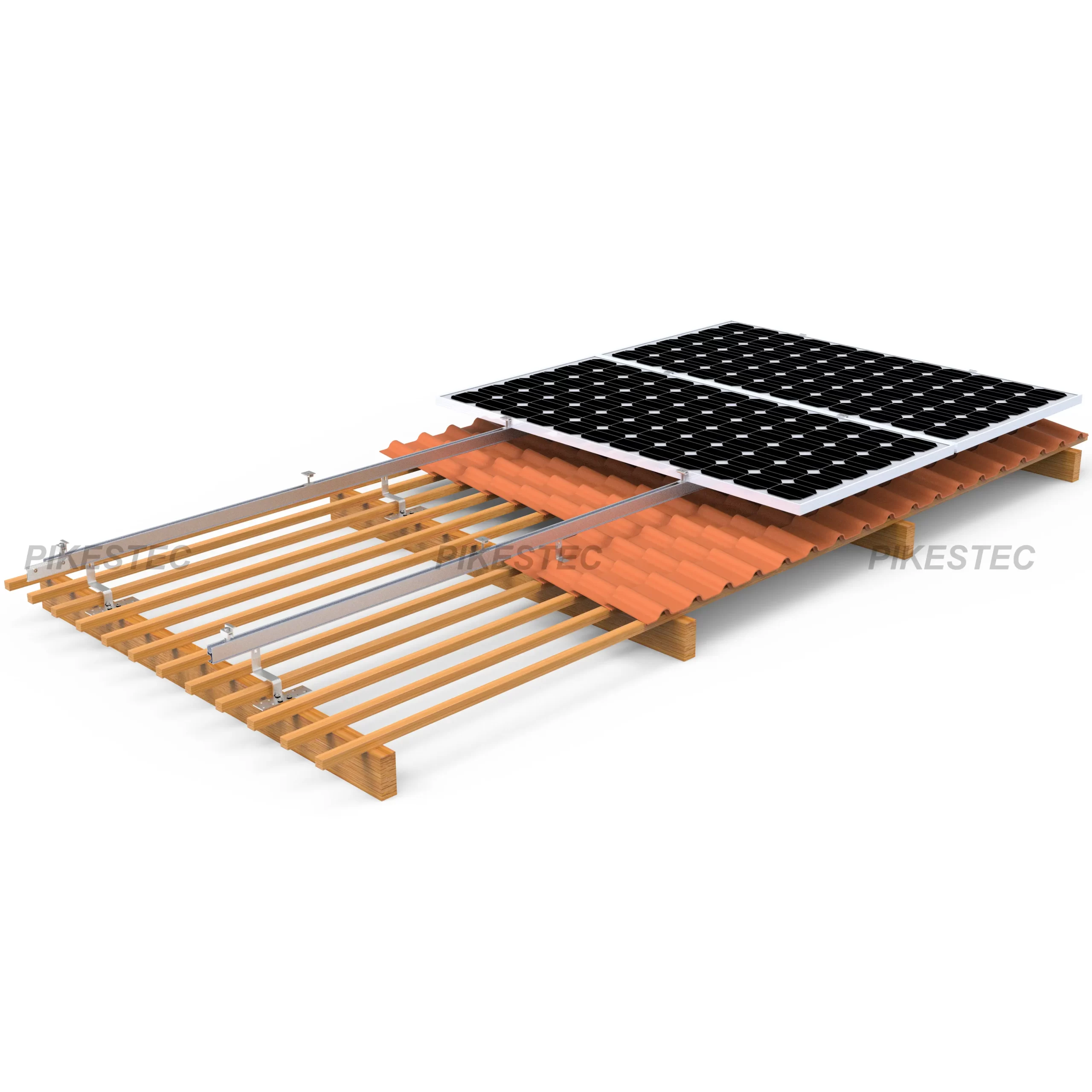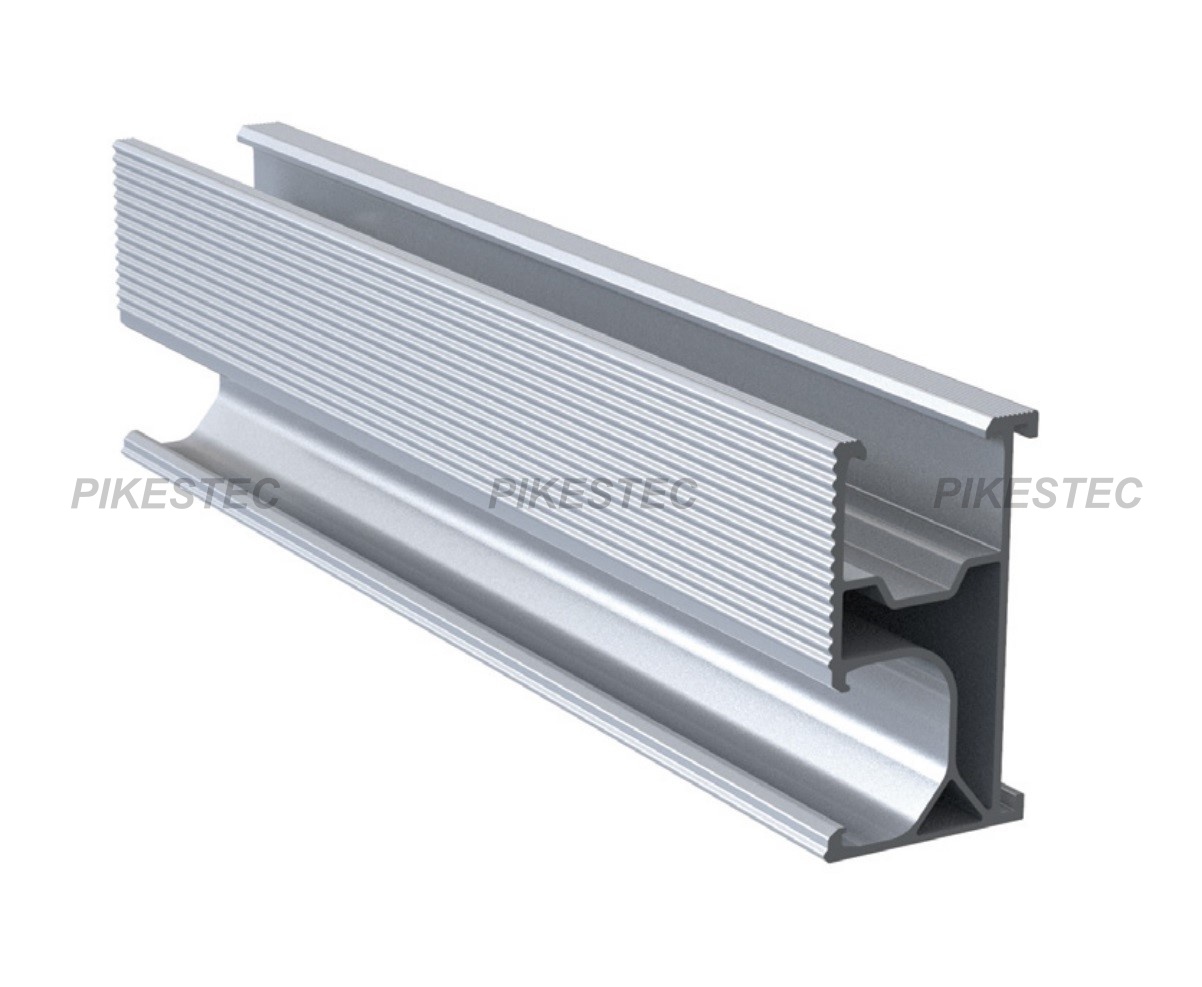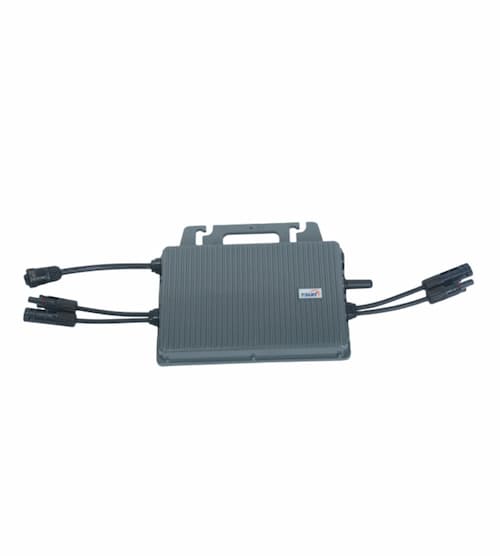With rising energy costs and increasing awareness of environmental sustainability, homeowners are seeking more efficient ways to manage their energy consumption. Solar energy has emerged as a viable solution, promising substantial savings on electricity bills. According to a report by the Energysave, households that switch to solar energy can save between $27,003 and $113,272 over a 25-year period. This article delves into the specifics of how much a solar system can save on your home bill, providing a comprehensive analysis to help you make an informed decision.

Understanding the Initial Investment and Payback Period
The Cost of Installing a Solar System and Its Components
The initial cost of installing a solar system can be significant, ranging from $15,000 to $25,000 for an average-sized home. This includes the cost of solar panels, inverters, mounting equipment, and installation labor. However, many states offer incentives and tax rebates that can reduce this cost by up to 50%.
Calculating the Payback Period for Your Solar Investment
The payback period is the time it takes for the savings on your energy bill to equal the initial investment in your solar system. Typically, this period ranges from 5 to 15 years, depending on factors such as local electricity rates, the size of the solar system, and the amount of sunlight your location receives.
Monthly Savings on Electricity Bills
Estimating Monthly Savings Based on Energy Consumption
Homeowners can expect to see a reduction of 50% to 90% in their monthly electricity bills after installing a solar system. For a household with an average monthly electricity bill of $120, this translates to savings of $60 to $108 each month. Over the course of a year, this adds up to $720 to $1,296 in savings.
Factors Influencing the Extent of Monthly Savings
Several factors influence the amount you can save on your monthly electricity bills with solar energy. These include the efficiency of your solar panels, the angle and orientation of your roof, local weather conditions, and shading from nearby trees or buildings. Optimizing these factors can maximize your savings.
Long-Term Financial Benefits and Increased Home Value
The Long-Term Financial Impact of Solar Energy on Home Bills
Over the lifetime of a solar system, typically 25 to 30 years, the financial benefits are substantial. With the continuous increase in electricity rates, the cumulative savings can be significant. For instance, with an average annual electricity cost increase of 3%, the savings from solar energy can compound, offering even greater financial relief over time.
How Solar Energy Systems Can Increase Property Value
Homes equipped with solar energy systems tend to have higher property values. Studies show that solar homes sell for 4% more on average compared to non-solar homes. This increase in home value can offset the initial investment, making solar energy a financially sound decision for many homeowners.
Environmental Impact and Sustainability
Reducing Carbon Footprint with Solar Energy
One of the key benefits of solar energy is its positive impact on the environment. By switching to solar, a typical household can reduce its carbon footprint by 3 to 4 tons of carbon dioxide annually. This reduction is equivalent to planting over 100 trees each year or taking two cars off the road.
Contribution to Energy Independence and Sustainability
Adopting solar energy contributes to national energy independence by reducing reliance on fossil fuels. Solar energy is a renewable resource, meaning it can help ensure a sustainable energy future. For homeowners, this means not only saving money but also contributing to a larger cause of environmental preservation.
Incentives, Rebates, and Financing Options
Exploring Federal and State Incentives for Solar Energy
There are numerous federal and state incentives available to reduce the cost of solar energy systems. The Federal Investment Tax Credit (ITC) offers a significant reduction in the overall cost of installing solar systems. Additionally, many states have their own incentives, including rebates, tax credits, and performance-based incentives.
Financing Options for Solar System Installation
Financing options such as solar loans, leases, and power purchase agreements (PPAs) can make the initial investment more manageable. Solar loans allow homeowners to borrow money to purchase a solar system and repay the loan over time. Leases and PPAs involve third-party ownership, where homeowners pay a fixed monthly amount or pay for the electricity generated by the system.
Practical Steps to Maximize Savings with Solar Energy
Conducting a Detailed Home Energy Audit Before Installation
Before installing a solar system, conducting a home energy audit is crucial. This audit helps identify areas where energy efficiency can be improved, ensuring that the solar system is optimized for maximum savings. Simple measures like upgrading insulation, sealing leaks, and using energy-efficient appliances can complement the benefits of solar energy.
Maintenance and Monitoring of Solar Systems for Optimal Performance
Regular maintenance and monitoring are essential to ensure that your solar system operates efficiently. This includes cleaning the panels to remove dust and debris, checking for shading issues, and ensuring that all components are functioning correctly. Many modern solar systems come with monitoring software that allows homeowners to track their energy production and consumption in real time.
Conclusion: Making an Informed Decision on Solar Energy
Summarizing the Financial and Environmental Benefits
In conclusion, switching to solar energy offers substantial financial and environmental benefits. With potential savings ranging from $10,000 to $30,000 over 20 years, and significant reductions in carbon footprint, solar energy is a viable option for many homeowners. The initial investment, while significant, can be mitigated through various incentives and financing options.
Encouraging Homeowners to Consider Solar Energy for Long-Term Savings
By carefully evaluating the costs, savings, and benefits, homeowners can make an informed decision about investing in solar energy. The long-term savings on electricity bills, increased property value, and contribution to environmental sustainability make solar energy an attractive option for those looking to reduce their home energy costs.




